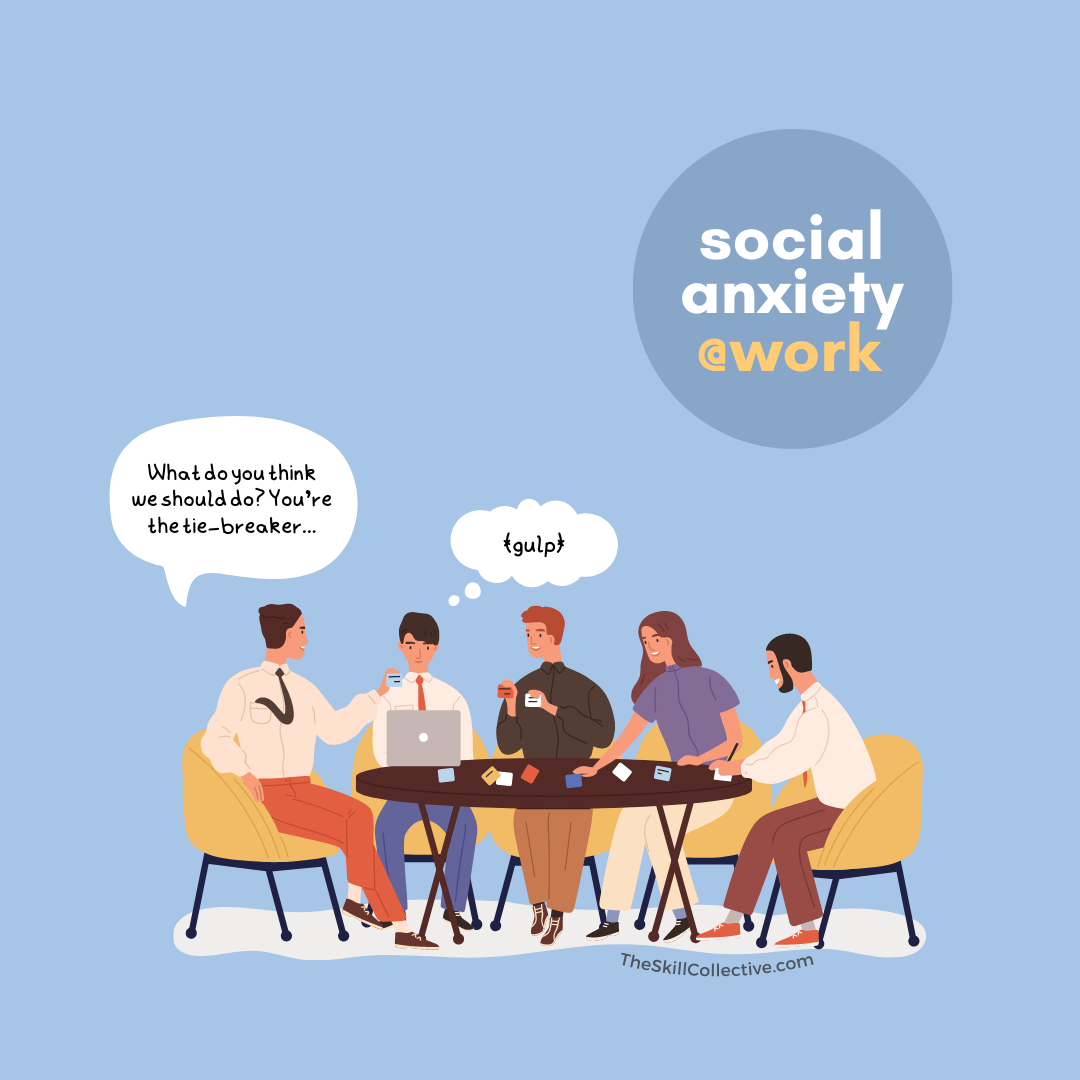5 Unhelpful Thinking Styles in the Workplace (and how to change them)
By Farah Gulamoydeen
How we think has a dramatic impact on how we feel – indeed, the very definition of stress (when the perceived threat exceeds perceived available resources) relies on our perception of a situation.
While we’ve blogged previously about how our thoughts can lead to perfectionism, and get us into trouble when we compare ourselves to others, it’s important to recognise that the same types of unhelpful thoughts and thinking styles can creep into how we think at work.
In fact, many of the same unhelpful thinking styles that you find in your personal life are at play in the workplace. Do any of the following 5 styles of unhelpful thinking styles sound familiar?
5 UNHELPFUL THINKING STYLES IN THE WORKPLACE
1. Black and White thinking style: This refers to thinking in Black and White terms wherein you fail to recognise the many grey areas in life, for example "If I make a single mistake then I've failed to deliver on this presentation; it will mean that I am incompetent and unworthy of respect."
2. Catastrophising: When you catastrophise you jump straight to the worst case scenario and struggle to contain the outcome to the here and now, "If they see me fail, they will see me as incompetent and I will lose my job, and won’t be able to pay my mortgage and will be homeless."
3. Disqualifying the positives: This refers to negating any positive feedback or outcome you may receive at work, for instance "When my boss compliments my work it doesn't count because she's only being nice to me to encourage me to do better."
4. Minimization: This is a subtler form of Disqualifying the Positives wherein you trivialise any positive feedback, "I did well on that project because I was lucky and my boss didn't look too closely at my work."
5. Personalization: When we personalise we take things to heart even if it is sometimes strictly business, for instance "I didn’t get the promotion because they didn’t like me."
It may not come as a surprise that if we frequently have these thought patterns we may begin to feel anxious and lose confidence in ourselves. In the longer-term unhelpful thinking styles take a toll on our wellbeing and, in turn, our performance - the very thing we are trying to maintain (or even improve)!
How can we change our negative thinking styles?
1. Challenge those thoughts: Your thoughts aren't necessarily the truth so it's helpful to look at challenging them, "How do I know that they think I’m incompetent? What percentage can be attributed to luck versus my hard work?"
2. Look for evidence for and against the thoughts: Play detective and question the evidence, "Where is the evidence that they don’t like me? Is there evidence that they do like me? Does the evidence suggest my thoughts don’t match reality?" It may help to ask others for advice when looking for evidence because it is easy to become stuck in one style of thinking. With practice, you should find that it’s easier to see both sides of the story.
3. Defuse the thoughts: Label your thought patterns using the kind terminology stated above and acknowledge that these thoughts are happening, “Here’s catastrophising!”. Identifying your thoughts is helpful in lessening the impact it has on you.
4. Accept the thoughts but don’t hook into them: Accept that your mind is just looking out for you and your survival. Thank your mind for doing its job, and move forward doing what you need to do - like delivering the presentation!
5. Take a mindful approach: Acknowledge the thoughts are unhelpful and allow them to come and go like the weather, remembering that nothing is permanent!
Spend this week tuning in to those unhelpful thoughts and thinking styles that affect your headspace when it comes to work - you'd be surprised how often these pop up. Make a concerted effort to change unhelpful thinking styles, and reap the benefits of a better mindset at work.
Want more? You can connect with The Skill Collective in the following ways:
Contact us to make an individual appointment to get started on making changes.
Get access to our FREE resource library filled with exclusive tip-sheets on Wellbeing, Mental Health, and Performance that you won't find here on the blog
Join our FREE 14-day Wellbeing Challenge. Tailored for busy lives we're talking wellbeing tips for better body, mind, and heart in just 15 minutes a day, delivered straight to your inbox.
REFERENCES
[1] http://www.goodtherapy.org/blog/20-cognitive-distortions-and-how-they-affect-your-life-0407154
[2] Leahy, Robert L. (2003). Cognitive Therapy Techniques: A Practitioner’s Guide. New York: The Guildford Press.











A FIFO lifestyle presents unique challenges to your sleep, relationships, and mental health. We cover these challenges and suggest tips to help you cope.